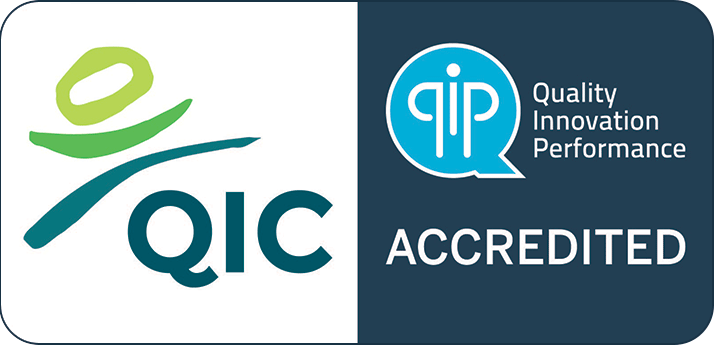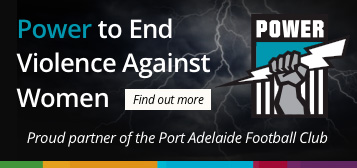
Project Manager Megan Welsh is calling on entire regional communities to play their part in the
primary prevention of domestic and family violence.
Regional communities will be mobilised to empower at-risk women and children under a new project to tackle domestic and family violence in response to COVID-19.
Strengthening pathways to safety that have been compromised by the health pandemic is a key aim of the initiative, launched this month by Centacare Catholic Family Services in partnership with Flinders University and the Office for Women.
The focus is on bringing people together, through activities and other platforms, to challenge gender stereotypes and entrenched behaviours that can disempower women and lead to abuse.
Project Manager Megan Hughes said the whole-of-community initiative had the potential to relieve pressure on specialist support services, where the focus had largely narrowed to crisis and risk mitigation due to rising demand for support and the complexities facing clients.
“Regional domestic and family violence services are increasingly being pushed to the more crisis end of the work, so there are fairly large gaps in responses due to lack of investment, time and opportunity,’’ Megan said.
“Through this project, we want to fill some of those gaps and provide an evidence base of primary prevention measures that can really infiltrate and gain momentum in the regions we’re on the ground working in.’’
The project team will be spread across Centacare’s domestic violence and homelessness services in Whyalla, the Limestone Coast, Riverland and Murray Mallee.
Domestic and family violence is everybody’s business. To enable change, we need everybody to be doing work that encourages preventative activities so that we can create safer communities.
megan hughes
“The small, close-knit nature of regional and rural communities encourages strong connections and community networks but also poses unique risk factors for vulnerable families,’’ Megan said.
“We want to work closely with local communities to identify opportunities to introduce or amplify existing mechanisms by which they can scaffold and reinforce the work of domestic violence service providers in their regions.
“There are opportunities for sporting clubs, businesses, community organisations and local government to play an important part in responses, especially in relation to primary prevention.’’
Megan said COVID-19 had exacerbated existing challenges for regional women in unsafe relationships because they were unable to leave their homes or ask for help safely and were isolated from community connections that may previously have offered a pathway to safety.
“We know that during lockdowns and border closures, women and children were unable to safely exit home environments; community or service provision pathways were compromised; and perpetrators could more easily control, monitor and silence victims,’’ she said.
The eight-month project will assess the effectiveness of whole-of-community responses that challenge gender stereotypes and behaviours that keep women disempowered, and will generate insights into what works across the targeted regions.
“My goal is that by the end of the project, we will have some preliminary plans in place in those regional centres that can support prevention long term,’’ Megan said.
“Domestic and family violence is everybody’s business. To enable change, we need everybody to be doing work that encourages preventative activities so that we can create safer communities.’’
The project represents the first steps of a wider regional vision to do the ‘upstream’ work and support communities to put in place practical and very real measures that tackle the root causes of violence against women and girls.








